Media Reviews (OLD)
A nonexhaustive list of all the media I have consumed over the years and my (highly subjective) reviews of them. May contain spoilers.
9.6
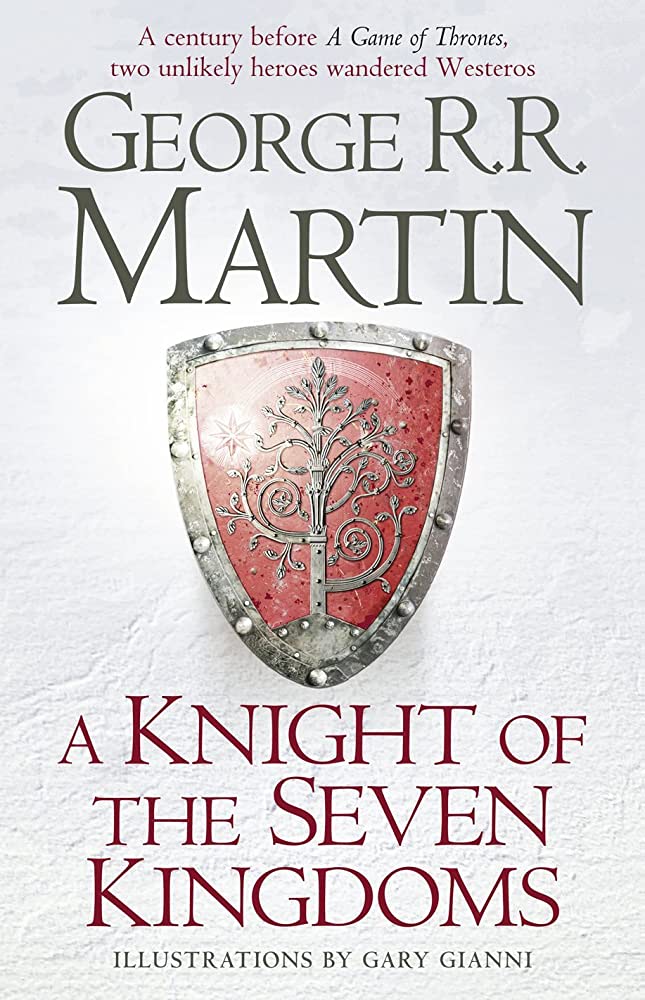
A prequel to the main ASOIAF series, this book consists of 3 novellas about the adventures of 2 characters. The great thing is that this book does well as a standalone series, while only being set in the Game of Thrones universe. It's great to see characters dealing with more 'local' problems rather than being overshadowed by a greater plot that will affect the entirity of Westeros. However, there is still plenty of references to famous houses and events that readers will know from the other books which also adds to the immersion in the world. It's also considerably smaller and less dense than the ASOIAF books which also makes it an easy read that takes less time to digest the plot.
9.5
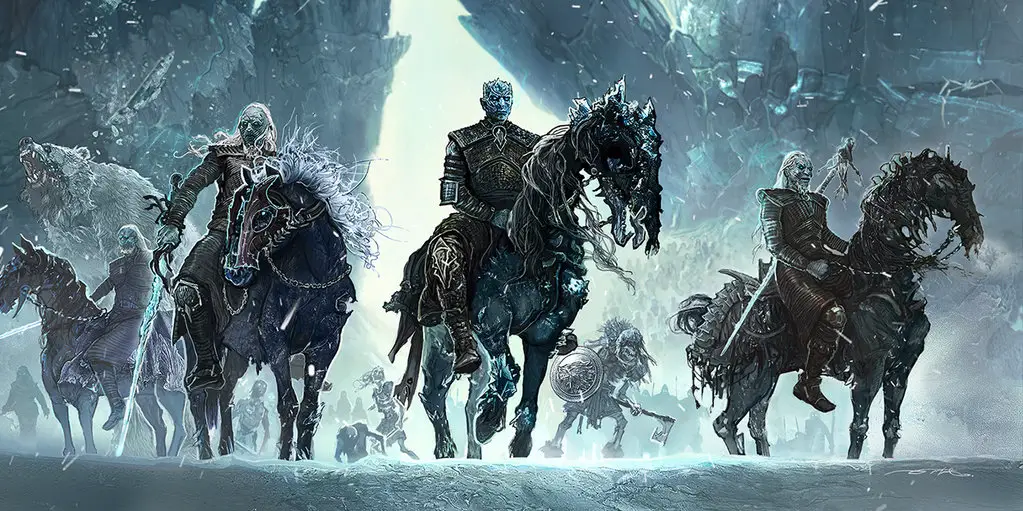
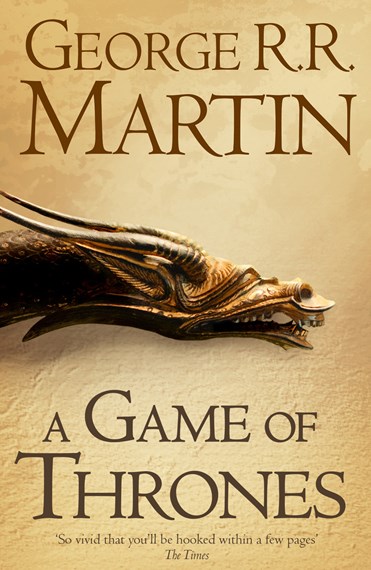
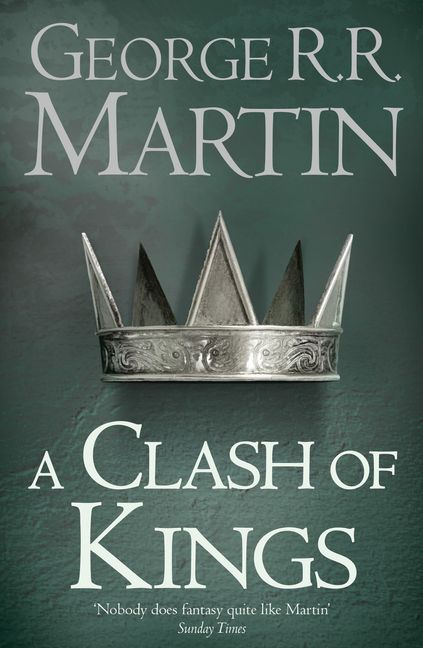
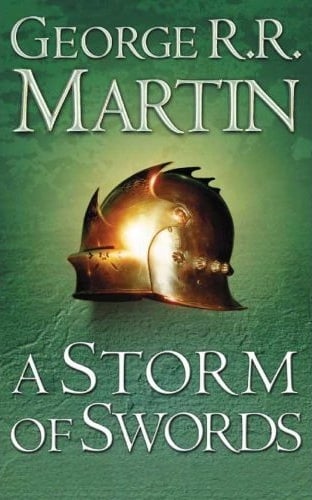
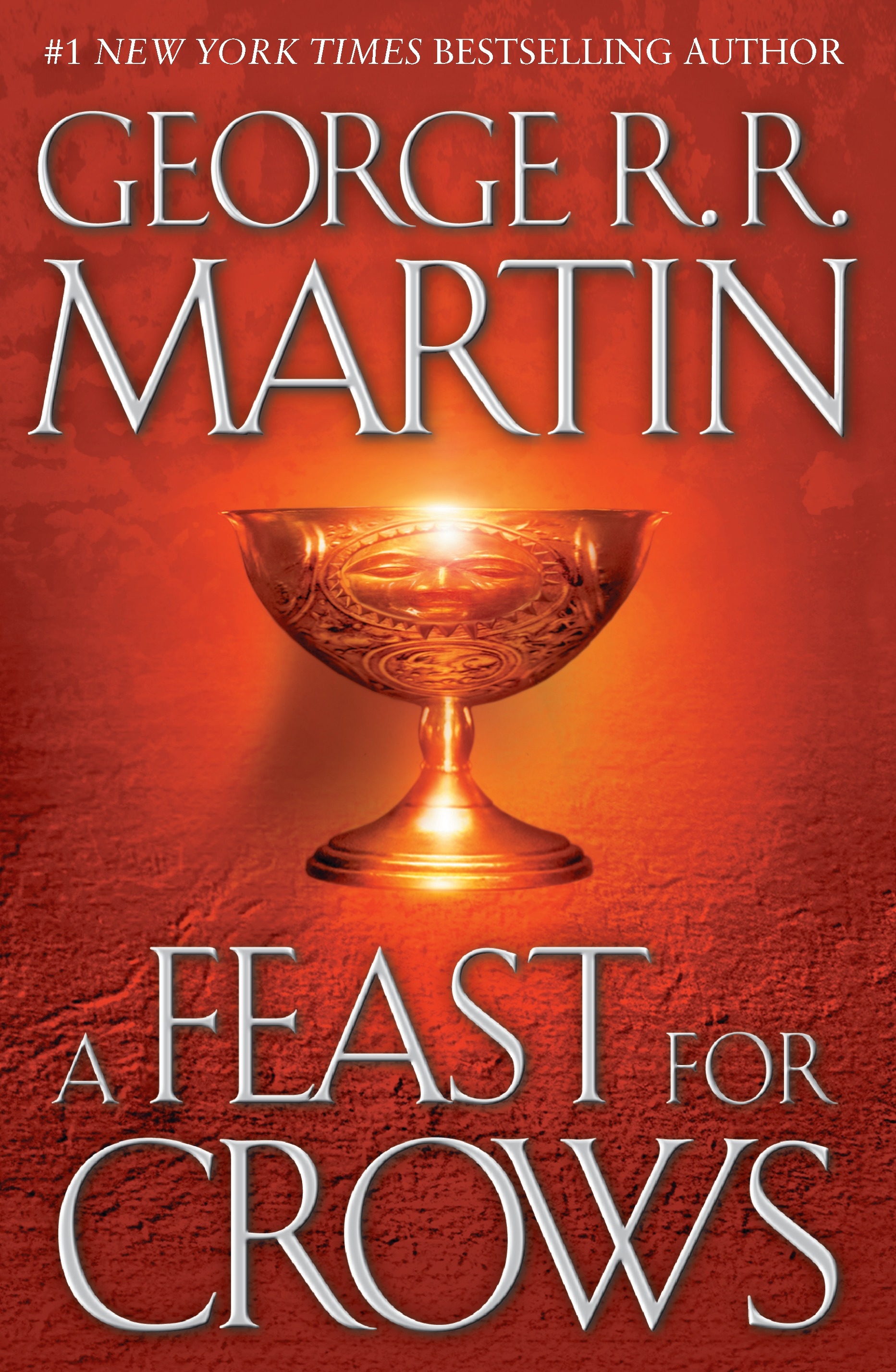
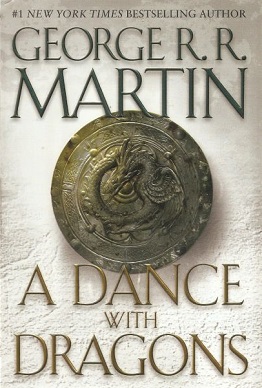
7.9
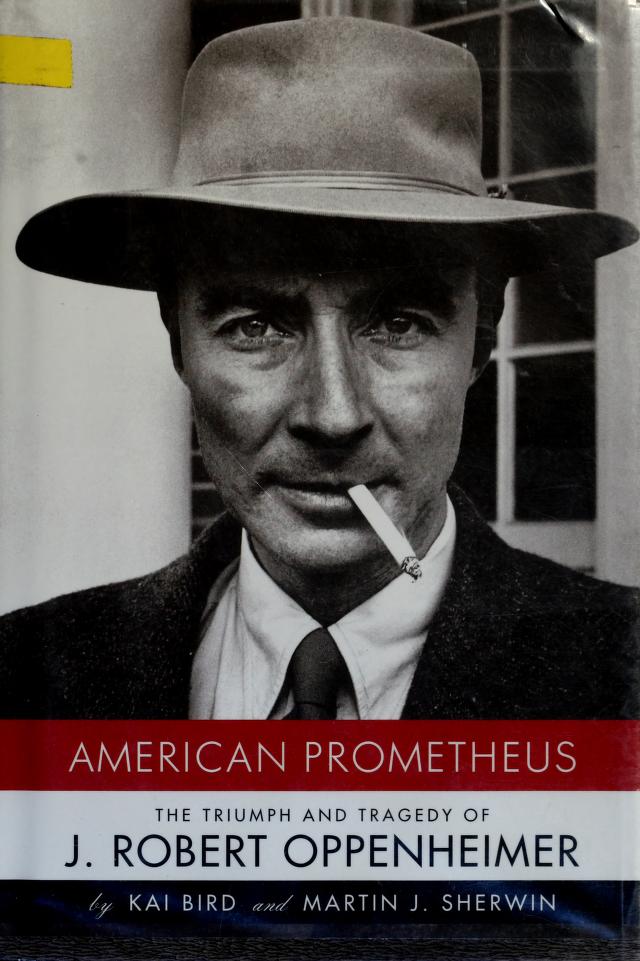
(Did not finish the entire book). This is my first time reading a biography, which I was inspired to read after seeing the Oppenheimer movie trailer. So far, it is a very detailed book that feels almost like a third person story of a fictional character. Since it is about a theoretical physicist in the early 20th century there are many references to otehr famous scientists that I have heard of through my years of schooling such as Rutherford, Born, Bohr, Einstein, Thompson etc.
8
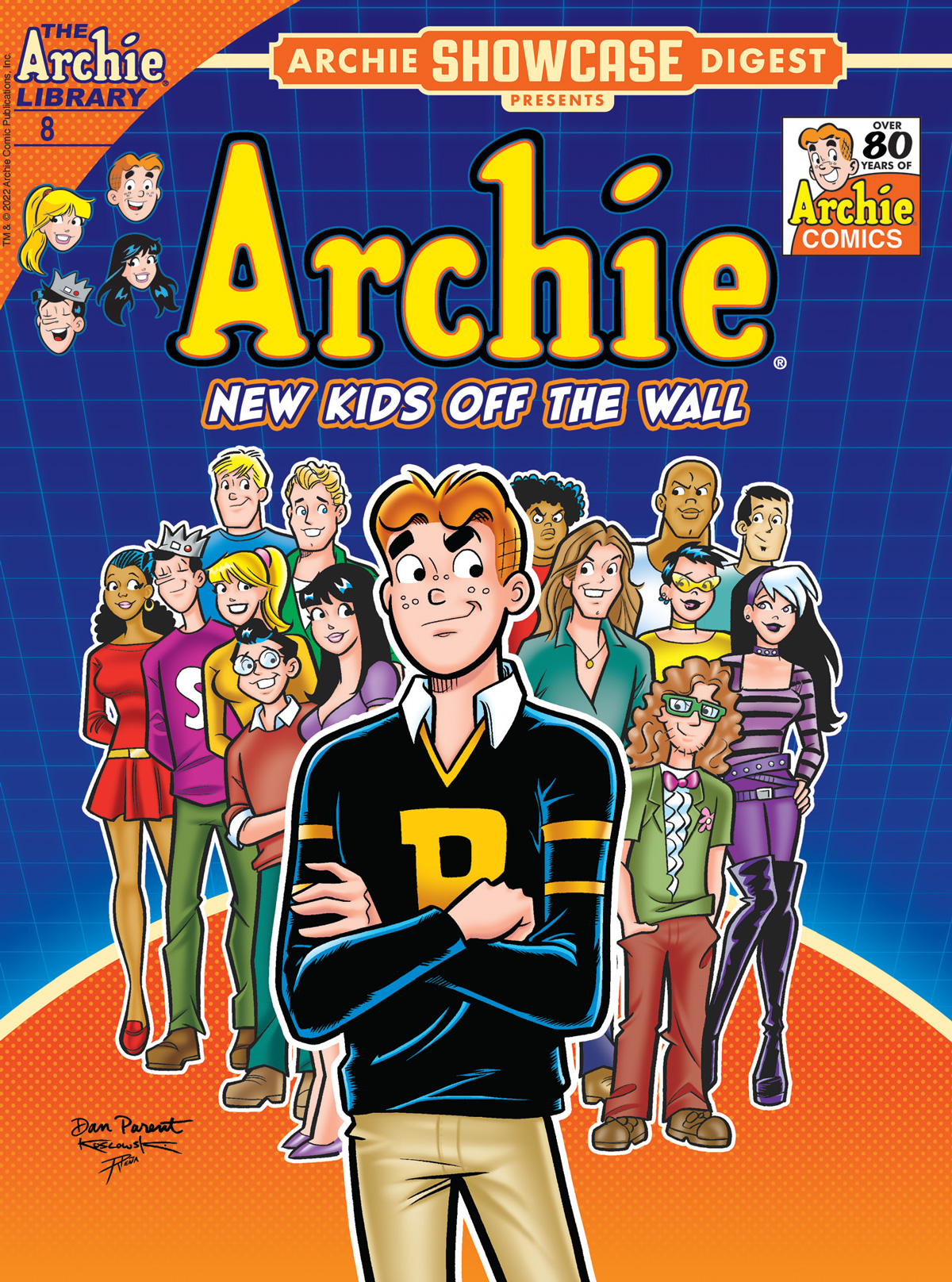
Fun comics to read and pass the time. They're pretty light hearted and original. It also doesn't matter which order you read it in because they're mostly self-contained so they can be enjoyed by anyone.
9.1
8.5
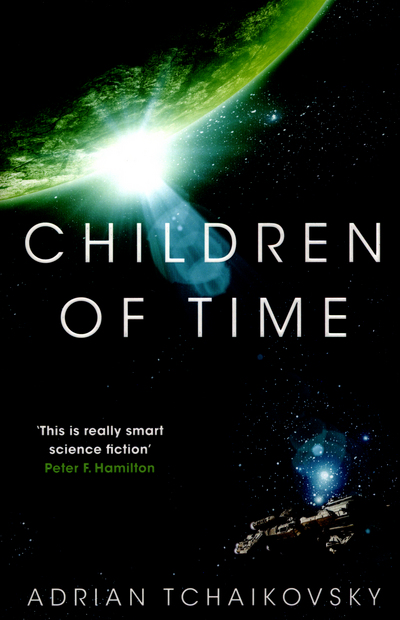
I haven't read many sci-fi books before, in fact Dune is the only one I can remember off the top of my head. Thus I can't claim to have much experience in the genre, but I can say for sure that this book blew me away. It's so weird and creative with what it does. Tchaikovsky has been able to tell a story that involves primitive beginnings whilst also involving extremely futuristic technology. He also provides a very unique lens with which a known, yet alien species would develop had they the gift of high intelligence and sentience just like humans.
Spoilers ahead.
Initially the events begin from the perspective of a very advanced human civilization that is capable of terraforming and travelling to distance systems. Dr Avrana Kern is leading a biological project that would see primitive monkeys evolve on a precisely terraformed world devoid of human life. The intention is for the species to evolve at much faster timescale with the help of a genetic virus that would affect intellect and other characteristics. However there is mass scale conflict between different factions of the advanced human civilization that spans the universe. On one side is those that want to return to more primitive ways, but Kern's side wants to act as gods to a new species that would be able to recognise their creator in only hundreds of years rather than millions of years to the acceleration of evolution from the virus. A rebel on Kern's project sabotages the deployment of monkeys to the planet and in doing so, compromises the entire ship with only Kern escaping in a Sentry pod intended to orbit the planet and guide the evolution of the monkeys when they develop the technology to finally make contact. As the process is expected to take centuries, Kern uploads a 'copy' of her consciousness onto the satellite that is capable of simulating the same decisions she would make upon external events, and then proceeds to hibernate in a suspension chamber.
After that previous premise is when the story really starts developing. Although the monkeys died in the ship crash, the virus was able to latch onto many insects, and one such spider species turns out to be the dominant sentient life that takes over the planet. It was cool to see the development of this spider species through the ages, where they started off like a typical spider species but with some cooperation abilities that allowed them thrive. Seeing the world from their perspective was very weird but intriguing. However there was still a semblance of similarities to human nature such as curiosity and learning. What really stood out was the spider 'archetypes' that represent individual spiders through the multitude of generations. These include Portia, Fabian, Bianca and Viola. The development of their technology feels very unique and is compeltely different to that of the humans. Because of the spider's keener senses to touch and scents the technoglogy they create is very organic and chemical based. This is especially true after the great war against the ants which saw the spiders become almost extinct. Their ability to create a means of chemically shielding themselves from the ants' scent to become practically invisible let them finally infiltrate and take control of the super ant colony. The nature of the colony was described very qloquently as it was said to be less of a hivemind and more of a machine that reacted to the surroundings.
Characterisation of the spiders and their advancement felt very scientific and technical, although its science fiction, because it made very clear biological reasonings and parallels to what our own understanding of nature is. This made it feel very believable. Furthermore is the growing importance of 'The Messenger' that the spiders see as their God. It initially starts off as a guiding light for the very first spider generations. But after a Portia steels a crystal from an ant colony they are able to read mathematical transmissions from Kern's satellite that is interpreted as some divine message. I believe this provides a greater motivation to what fuels the growth of the spider species to what it eventually becomes. It poses the question of what is out there? I found the instinctual conflict between the spiders within their own society to be quite entertaining. For example, the female spiders are the dominant sex that leads, hunts and progresses society whilst the males are only used for entertainment and mating. But this tradition goes against the nature of the evolutionary virus that strives for continual improvement. Eventually this gives way as Fabian, a male spider is able to prove the intellectual worth of all male spiders that could accelerate further growth of the species as a whole if they are given the same rights and freedoms.
I did find while reading the spider chapters, is that it did get quite exhausting at points due to the alien worldview the spiders have. However this problem was avoided well with the simultaneuous human storyline of the remnant humans in the massive ship, Gilgamesh. I found this storyline quite akin to elements of the movie Passengers, in relation to the scale of the ship and how most humans are in a form of cryogenic sleep. It provided a much needed contrast to the spider perspective. As the last hope of humanity's future, the ship has been spending centuries exploring systems to find a suitable place to inhabit and start anew. However many conflicts arise within the confines of the ship. This first begins when the ship comes within contact of Kern's satellite because her planet is the most suitable for human life. After being forced away by the satellite's superior technology a mutiny follows in which some shuttles desperately attempt to land on the planet that would disrupt Kern's experiement. I like that its primarily from the perspective of Holsten the Classicist who is the most knowledgeable on past history of the human race.
It's after this point in which I get hooked onto the human storyline, where the commander of the ship Guyen, commits to the long term plan of improving the Gilgamesh for its eventual return to Kern's planet because it is the only habitable place nearby that the Gilgamesh can reach. The ship is running well past its expected lifetime and many systems are failing. Entire generations born and die within the confines of the ship, some following Guyen who is viewed as a god. Much of the next conflict stems from Guyen's decision to immortalise himself in the ship's systems so that he can supposedly continue to lead the human race against Kern. This is opposed heavily by the chief engineer Lain, who has the expertise to know that the ships systems cannot handle such an AI existing alongside the existing systems. I did feel sympathetic to Guyen's cause as his motivations were still well founded as he wanted the human species to survive, but his methods were questionable and misinformed. The constant interaction between Holsten and Lain develops well, but I feel that most human interactions occuring in the story feel very impersonal that its hard to get attached to many of the characters, even Holsten.
After this part in the book is where the final climax occurs and it was hard not to keep reading another chapter. I felt myself rooting for both the spiders and humans. I really enjoyed how the spiders made their own version of computers, cameras and satellites that were organically based. Instead of transistors, there were ant colonies that did the computations in a slower but much more adaptable way. I would say it's similar to an FPGA which is very flexible in its capabilities. One cool process was how they managed to 'download' Avrana Kern into a super colony of ants that acted as a large neural network to host her conscience. Another awesome feature was how they used the optical data retrieved from ants as a sort of analog camera. The stark contrast of the spider's behaviour against the humans was very noticetable here, where the humans wanted to completely eradicate the spider life as they have always done with other species. The spider's however had the benefit of the virus that helped them keep the full understanding of past generations in which they saw the mutual benefit of keeping other races/species alive as a net positive gain for the whole species. Humans on the other hand are fast to forget past conflicts which lead to them repeating history over and over again. The spiders are able to create a chemical that rewires the brains of the humans to see them as allies and their creators. And as such the two species are able to live in harmony at the end. But I do question whether the humans were still able to remember who they used to be before their aversion to the spiders was neurologically reprogrammed.
I would highly recommend this book to anyone that enjoys science fiction, or even someone who doesn't read science fiction much (such as myself). The first 1/3 of the book does start of quite slow but I do feel it is necessary to build up the world well enough to tell the interesting story and progress that occurs.
8.9
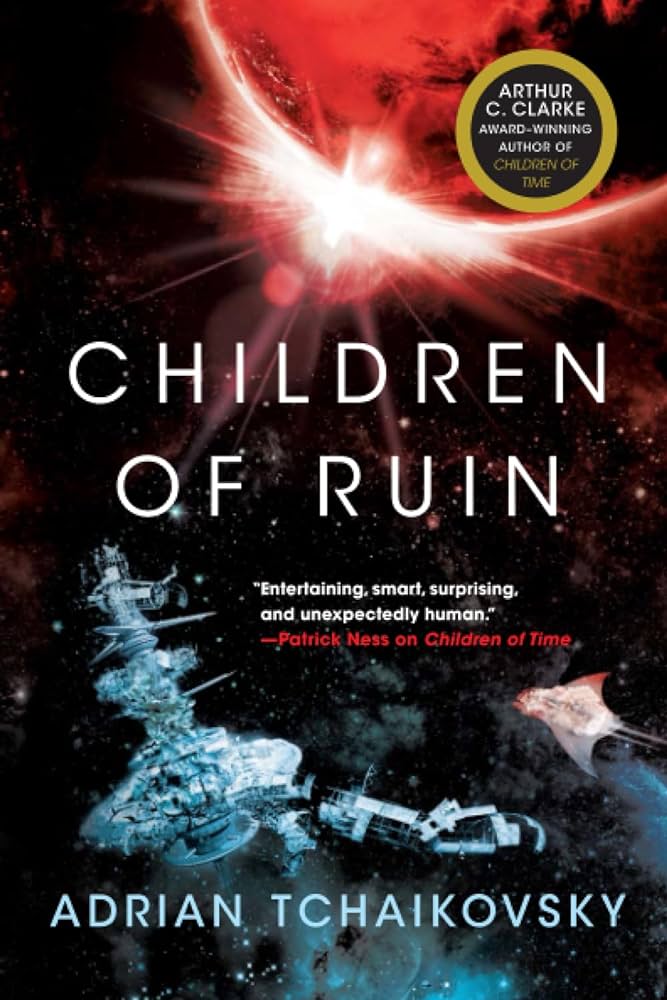
As the second installment in the series, this book builds upon the Children of Time universe in more unique and interesting ways. I did find some parts of this book a bit more slow compared to the first book, but the final climax was worth the build up. I would definitely recommend this book if you read the first one and enjoyed it, but I would advise a moderate time gap between them.
Spoilers Ahead
Children of Ruin follows a somewhat similar structure as the first book in terms of two major timelines occuring: The human terraformers in the past and the present day species. The terraforming crew of this ship still felt very militaristic, which is expected for such a long and isolated mission. The crew members have a lot of ambition and prefer to follow their own plans, deviating from the original mission. The 2 planets of this system, Nod and Damascus are very different from Kern's world. One of which is completely water based, fit for Octopode life and the other is a lot more unusual. Initially Nod appears to be the first planet ever discovered with existing life, but the life does not appear sentient. The fauna and flora are not the typical carbon based life forms you would expect. Instead they are able to store all their memory and understandings within cells instead of DNA. One feature about Nodan biology I found fascinating was the lack of 'front' and 'back'. The creatures exist in a radial structure, entirely different from Earth based organisms. I would say these are true aliens compared to Portiids and Octopodes that still evolved from organic structures.
I felt this book focused well on the mental effect of the crew's situation. Thinking you are the only remaining humans in existence would take a toll on everyone eventually. Although a lot of Nodan life is being researched, the crew feel an anthropomorphic desire to be known by another intelligent species, even if they were just simple animals. Things get really interesting when the planet decides to fight back...
“Yusuf,” she told him. “We’re going on an adventure.”
Tchaikovsky is able to masterfully provide the perspective of this microbrial hivemind. The foreignness of this lifeform successfully creeped me out. It's incredible ability to learn from direct contact with organic cells and simulate them was very unnerving, because it happened out of nowhere when the first crew member got infected. There was no sign of infection because the technologies could only handle carbon based ailments.
Now we look to a completely different planet, Damascus. The Octopodes mode of communication and social interactions felt a lot more alien compared to Portiids. The Portiid point of view still had a lot of human similarities that allowed us to relate to them more readily. The Octopodes however, communicate through colour and emotions. It's a completely different environment where their society runs on hundreds of factions with ever changing loyalities and conflicts that somehow lead to progress. Their neurology makes it difficult for them to focus on the long term, which eventually leads to the calamity on their home planet. They are forced into space until a solution can be found. I found their technological development to the space age to be very unique. As a water based lifeform it was virtually impossible for them to escape the planet's gravity well on their own. But due to the existing technology setup by the Senkovi, they had immediate access to space. This allowed for completely hydro-based ships to exist which would otherwise be physically impossible due to the increased mass. Their headstart on technology allows them to create advanced space systems and survive off asteroid mining.
We finally got to see how Humans (yes, with a capital H) were able to successfully integrate into Portiid society. Translation is possible through Kern's AI instances. Humans still lack the ability to absorb Portiid understandings, and so it is being researched by a male human and spider pair by developing implants. I thoroughly enjoyed the organic-based spaceships and technology used by the Portiid-Human species. For example any cut in the structure can be instantly repaired, and the ship can very easily split into multiple bodies. The massive benefit of organic based technology (as opposed to metal) is that it is very easy to repurpose or program into another task for higher adaptability.
The interspecies interactions felt very plausible, as translation issues were expected. Humans communicate through speech, Portiids through palps and vibrations and Octopodes through touch and colour. The climax of the story had a massive chain of translation that felt epic. From the Nodan parasite to an AI human instance stored in an ant colony to a spider to a human to an octopode. A successful agreement was surprisingly reached by all species which turned out to be the best scenario. I found it interesting that the child like personality of the Nodan parastite was able to understand a truce that would lead to a successful symbiotic interspecies relationship.
The epilogue payoff wrapped up this narrative really well and provided inifnite possibilities into future stories. This is where the scale of the universe truly felt BIG, even with faster than lightspeed travel developed. I will leave you with my favourite quote of the epilogue (and book)...
"When I pour them into me, I am them and they are me, an expansion of my personal history written neatly in the archive of my cells. I have been human, I have been Human; I have been Portiid and octopus and stomatopod and corvid. Now I am another forty-three individuals. I am Yusuf Baltiel and Erma Lante and Meshner Osten Oslam and Viola and Salome. I am many.
We are splitting the ship. Some of us will carry on with our travels. Others will remain here to study as the newly budded ship-child swells and grows. I will decant myself for those who will leave; I will leave with them, and I will stay, and perhaps one day I will meet myself and tell myself about what I learned."
8
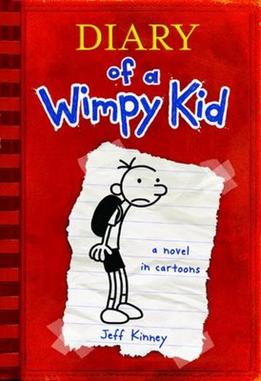
This is definitely more for a younger audience which is when I used to read these books a lot. But I always enjoyed them because of how short and easy they were with great illustrations. It's also interesting to notice how my view of Greg changed as I grew older. I used to root for Greg a lot because of how he portrayed himself always being in the right and that everything that happened to him was unjust and unfair. But later on you realise he's quite an unrealiable narrator and sociopath. Especially in how he treats and views others even if they're just being reasonable.
9
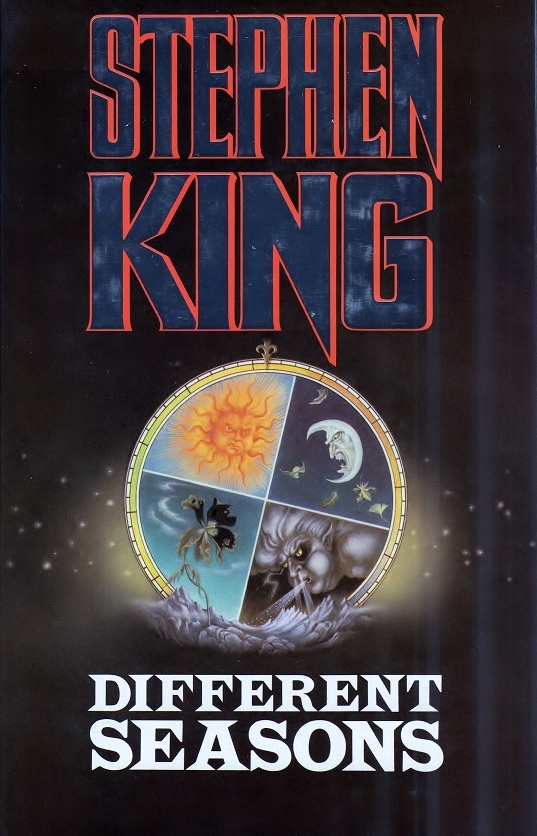
This was my first time reading something by Stephen King. It is a collection of short stories that seemed like a good read in a short amount of time. I was surprised to learn that the movie Shawshank Redemption is based off a novella in this book. I was not able to get through the 3rd story which was 'The Body' and that was where I left this book. Overall the stories I did get through were excellent and engaging.
10
A short but entertaining read which kept me engaged the whole way through. But I have to admit, the movie tells the story in the best way possible with a perfect cast even though the adaptation to the book is almost identical
9
This was a surprisingly great story with a plot I did not expect at all. It started off pretty slow, but after some more interactions between the 2 main characters the story really kicks off. It's interesting to see how the relationship between the school kid and former Nazi devolves further and further into insanity. It reaches the point where both characters recognise the conflict they have but continue to commit more unspeakable acts until there is no turning back.
7.9
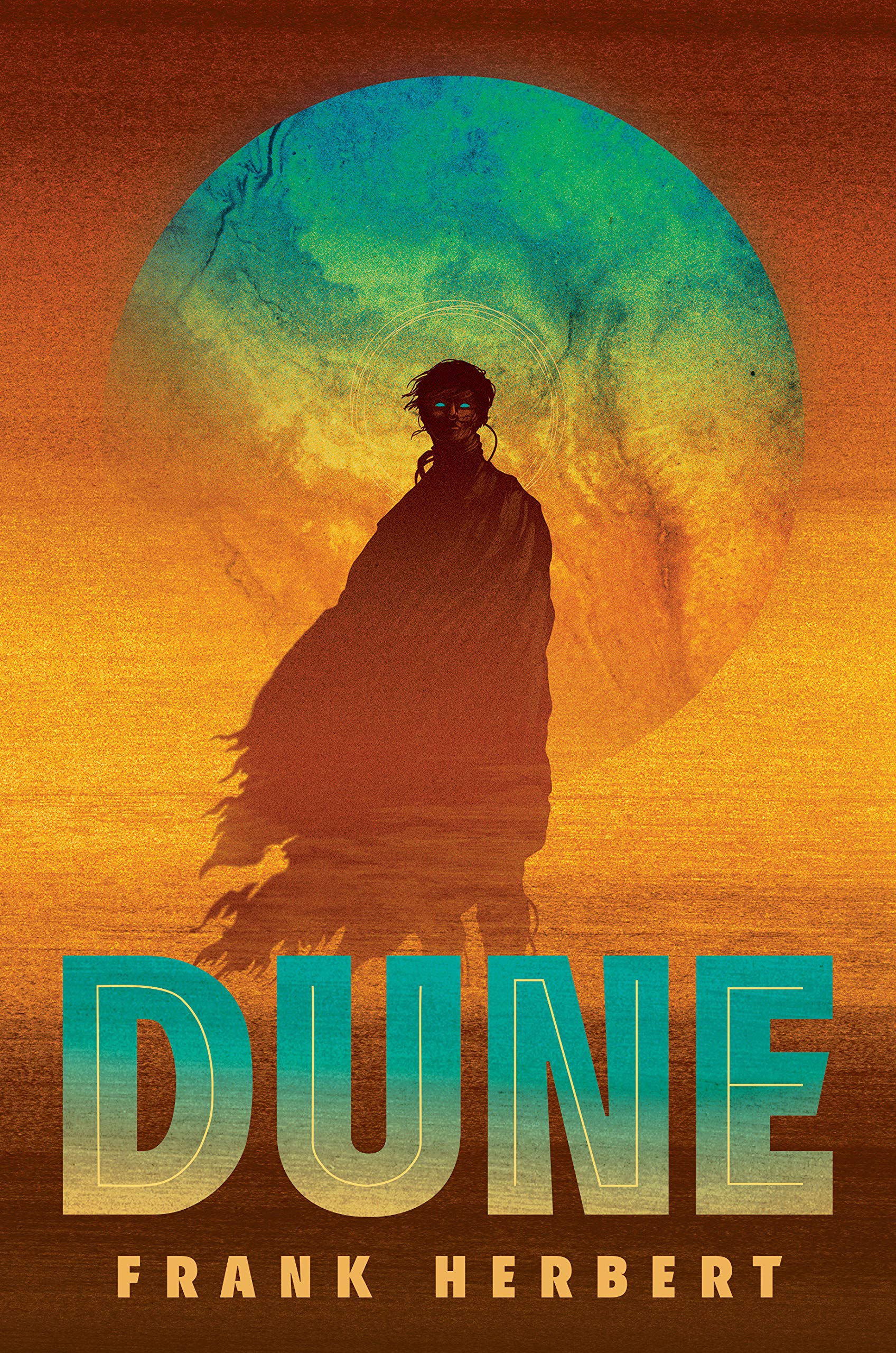
I discovered the book series after watching the movie which I really enjoyed. It's cool to have read something that really inspired a lot of people media today such as Star Wars. This is definitely a very challenging read that tackles some really fundamental human experiences in a complex way. I did find myself a lot of the time having to re-read paragraphs to really try and understand what was happening and sometimes I was not able to figure it out. But I think this may have also been part of the author's intention, to not explain every single bit of lore in the world but provide enough information to picture the world for ourselves.
After the first book is where it got extremely difficult to follow the plot and plans of all the different characters. I had to search online for summaries and explanations just to understand the basic premise. I wasn't able to finish the 3rd book which is where I left the series due to the sheer challenge of understanding it. The first book was the best as I could still follow along, but I'm not giving it as high of a rating because of how difficult it is to read.
7
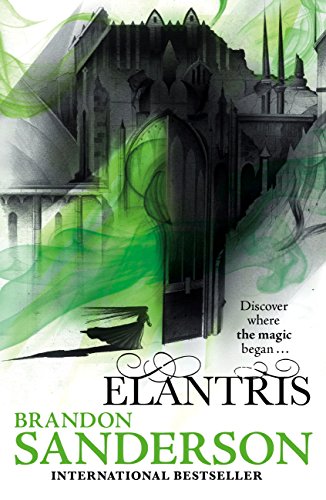
After absolutely blasting through the Mistborn books I decided to read this one as I saw it was Brandon Sanderson's first ever published book and is also set in the cosmere. I will say it is evident that this was Sanderson's first novel as it feels a bit more rough when comapred to the Mistborn series which says a lot about his improved writing style. Despite this however, I saw myself enjoying the book quite a lot.
The characters and plot was mostly simple when compared to Mistborn, but I was still rooting for the characters such as Sarene and Raoden which were very likeable. The premise of the story was very interesting and I loved the concept of using religious means to completely takeover another country instead of the use of bloodshed. I initially didn't look forward to Hrathen's POV chapters but he soon became one of my favourite characters due to the depth of his characterisation that involved a lot of internal conflict. I liked that he knew deep down his methodology has become more logical and less about fanatical faith. This conflict was a great contrast to Dilaf who eventually turned out to be the true antagonist which also led to Hrathen's redemption.
The magic system is quite different from Mistborn and had me curious about its potential. Picturing the scenes of the magic being used was fun to imagine and seemed very epic, especially in the last 100 pages when the Sanderlanche occurs. The roughness of the writing will make me give it a lower review than I would normally, but I still highly recommend reading this book if you did enjoy Mistborn. I am looking forward to reading the sequel books as those are more recent and I am curious to see where Sanderson goes with the plot. (Also noticed the Hoid reference).
9
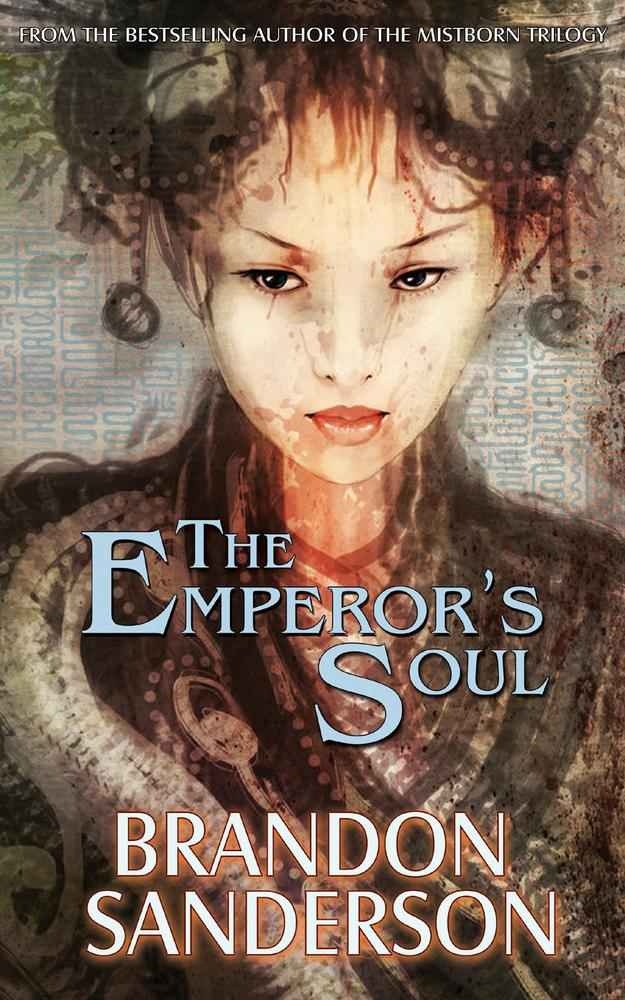
This novella is set on the same planet as Elantris, but there was no overlap needed to follow the narrative. I found this book very introspective and thoughtful. Despite it taking place mostly in a single room, I really enjoyed the character driven plot and explanations of the magic system. It's a lot more artistic and meticulous when compared to Sanderson's other magic systems such as allomancy and surgebinding. Whilst a powerful magical stamp can take years to create, I can see the true potential of this magic system being one of the most powerful ones possible, as the only limit is the forger's research abilities and knowledge. Being able to transform into any person would be a very valuable asset in many situations (Ghostbloods :P). The main character's motivations were nice to understand better, and the concept of manipulating someone through sincerity and honesty.
9
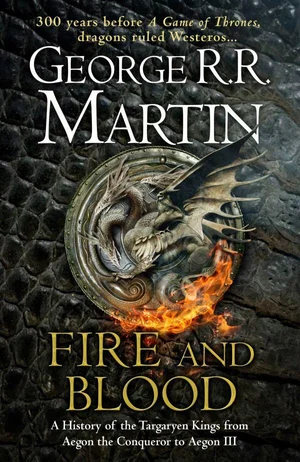
9
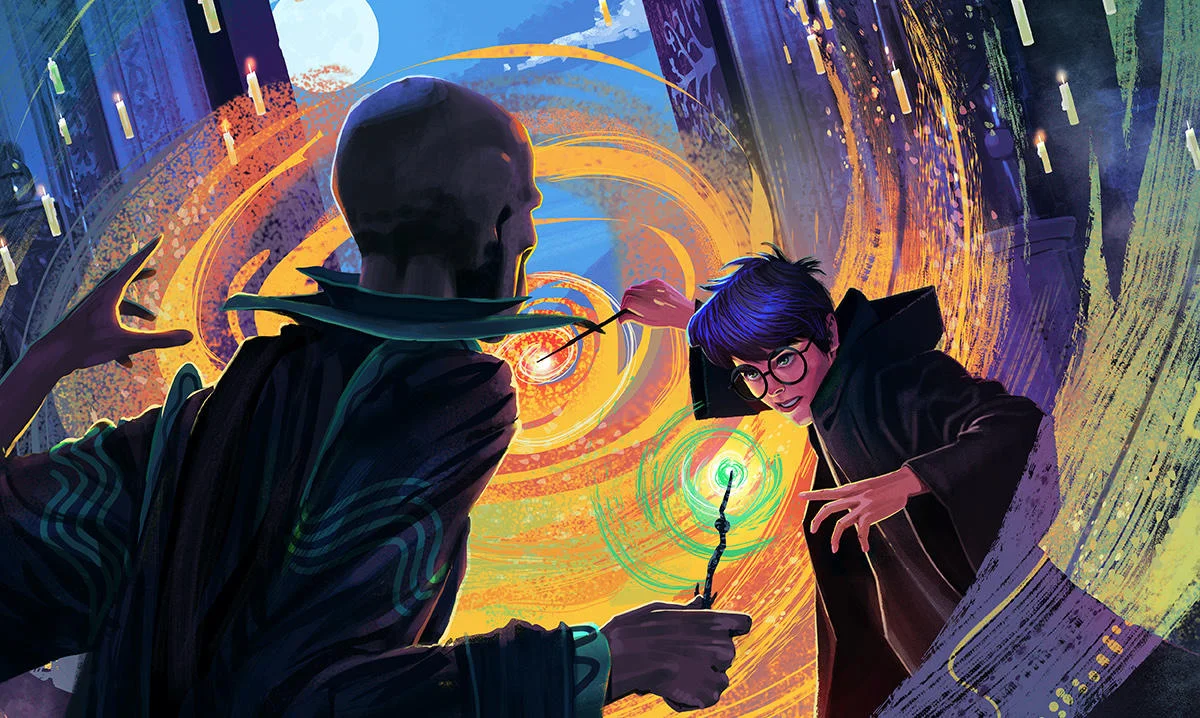
7
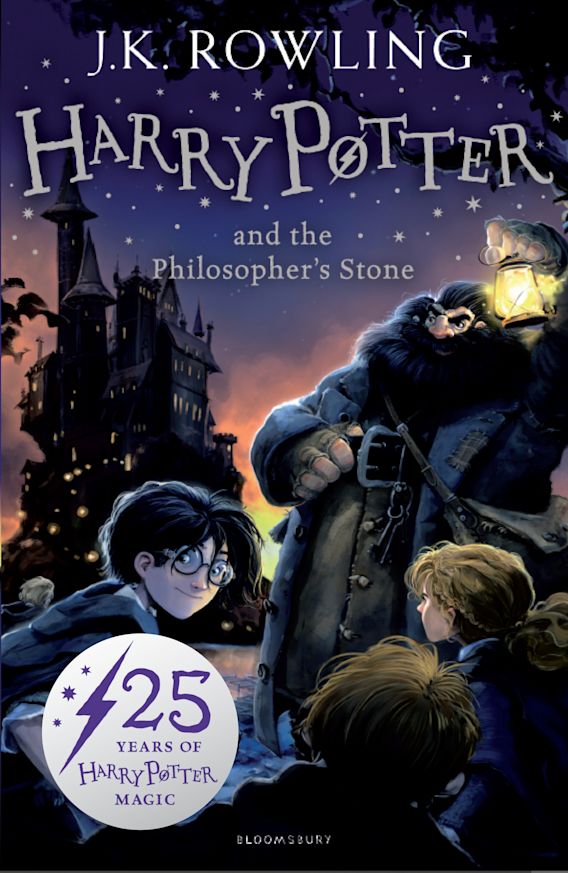
7
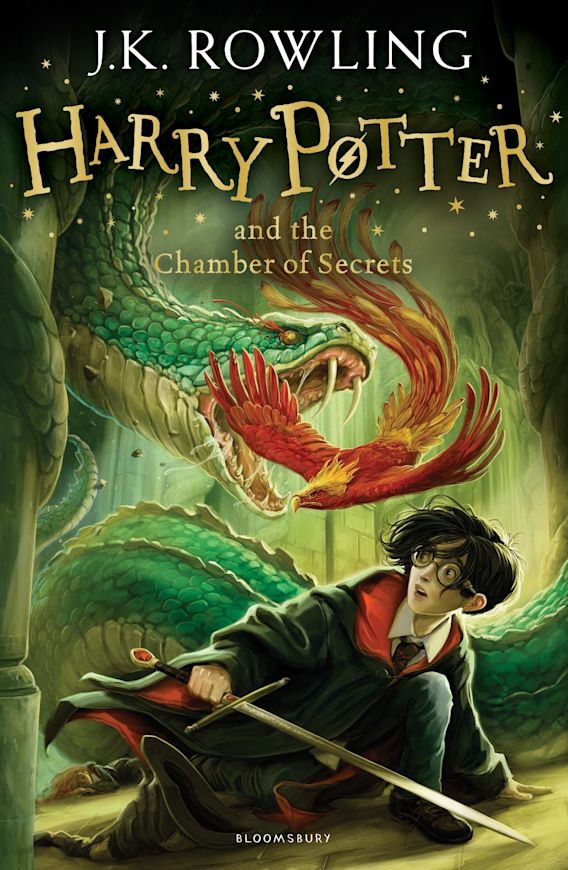
7.5
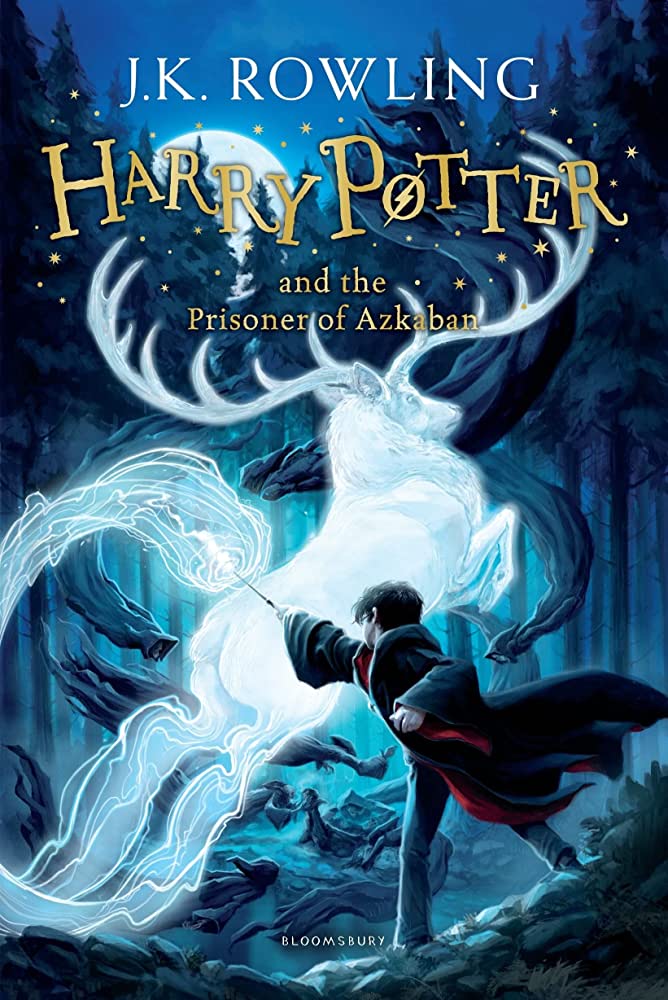
8.5
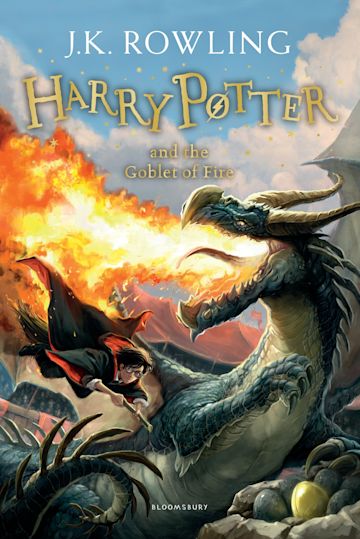
8.5
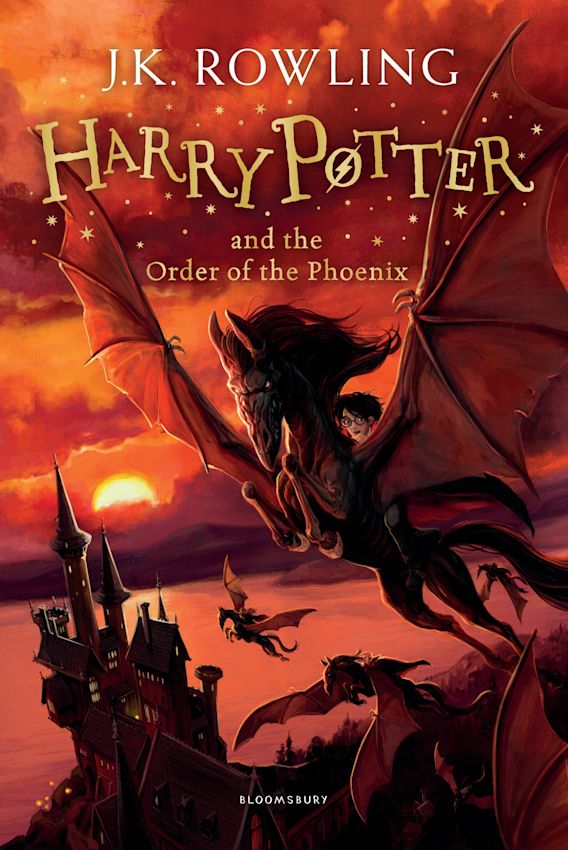
9
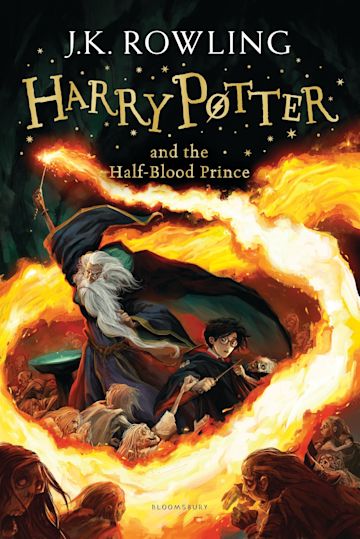
9.5
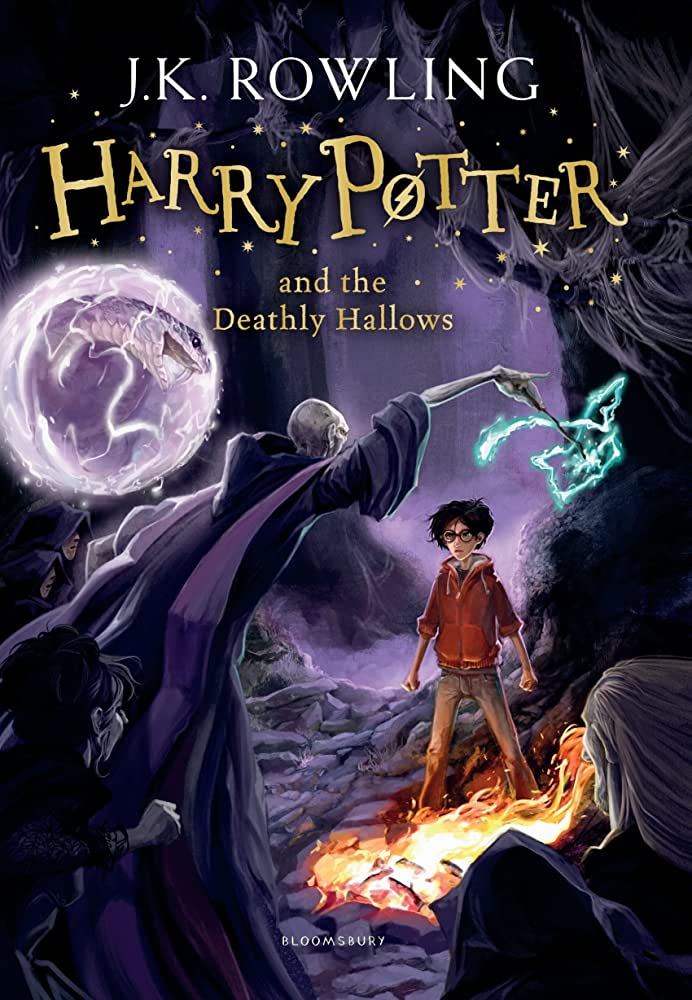
6.5
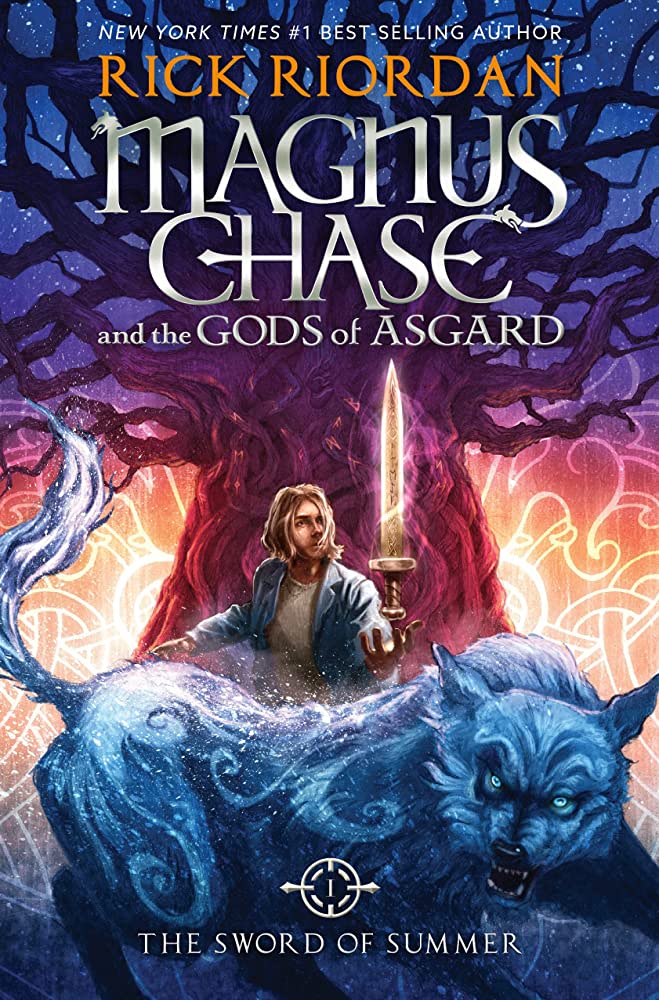
Likewise with The Kane Chronicles, it does just wasn't as engaging as the Percy Jackson serie and felt inferior in most aspects. The world building and Valhalla is still really interesting but it wasn't enough to get me to read the entire series.
9.7
9.7
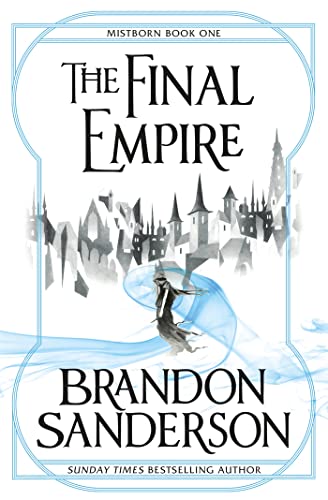
This was my first experience with Brandon Sanderson's writing and I can confidently say that this book had me very engrossed from the start. The world building in this book was very solid and the mysteriousness of the world makes me want to find out more. It's set in quite an unusual premise where the 'Dark Lord' actually won. It combines this with a Master-Apprentice, heist plot which was very unique from what I've read before.
Compared to other fantasy books i've read before such as George RR Martin's ASOIAF I felt that this book was much less dense with detail and as such was 'easier' to get through (which isn't to say that it lacks depth). The right amount of information was given without boring the user and many promises that are setup throughout the book payoff quite quickly so there is a constant sense of progression.
I believe that the well thought out magic system in this book, both Allomancy and Feruchemy makes the action scenes very intense and provides a lot of explanation on way the world works. The diversity of the abilities and differences between Mistings and Mistborns. But even with all this we can clearly see that there are indeed limits to what Mistborn and Mistings can do and so they are not completely invulnerable so there's still stakes.
SPOILERS AHEAD
When we first gained knowledge about the Lord Ruler and how he is immortal I was preparing myself to have 3 all books build up to the fall of the Lord Ruler. Little did I expect the Lord Ruler to get taken down within the first book. This was quite refreshing because the next books are then able to explore the aftermath of killing the Lord Ruler and really makes us question whether living under the tyranny of the Lord Ruler was actually the most stable option.
The book is also able to seamlessly explore multiple perspectives. Even though Vin appears to be the main character, we also have Kelsier and his crew. Kelsier's character is great as it helps provide a sense of progression to Vin's growing abilities and it is because of his character that the Lord Ruler even gets taken down. His crazy idea of killing the Lord Ruler seems like it would have never worked, or at least get pulled off within the first book and that they would have to find another way for it to actually happen.
9.7
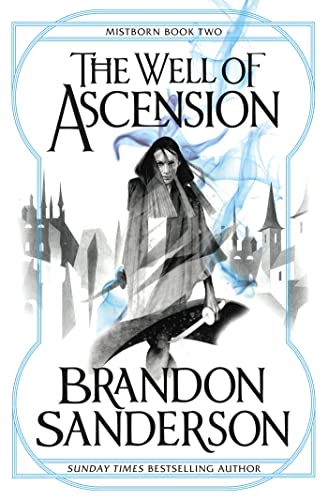
Spoilers from the earlier book.
This book is very different from the first. Due to it primarily taking place in Luthadel only, it's much more politically oriented as it explores the aftermath of the Lord Ruler's death and how there is now a vacuum of power to be claimed. We see how trying to be the most honourable and honest king leads to further conflict in Luthadel as politics get in the way of actual leadership against the marching armies. It is great to see Elend's character explored in much more detail here and how unique his relationship with Vin is when both appear to be completely incompatible. Seeing how this relationship becomes strained later on in the book adds much more depth as Vin feels very alone without another fellow Mistborn who understands her well (until we learn more about Zane).
Another huge plot point that I like is the fact that the Lord Ruler was not the biggest obstacle that the crew had faced and overcome. The real threat is the mysterious mist that threatens to destroy the world that the Lord Ruler was somehow holding back. This reminded me heavily of ASOIAF where there is lots of war and conflict between the seven kingdoms whilst the true threat to all of mankind beyond the wall is building. It is similar here where multiple kings are trying to claim the crown and capital whilst the mist is getting stronger by the day and already killing outskirt villages.
The spy subplot had quite an unexpected yet satisfying payoff which also came out of nowhere. Like Vin, I was completely convinced that one of the crew members was indeed the spy and I had never suspected that it would be OreSeur himself based on the way he had begun assisting Vin towards the end of the book up to the fact that he betrays The Contract.
Overall, I believe that whilst this book contained less action and pace compared to the first book it sets up the characters and conflict well going into the third book which I plan to read immediately after this.
9.8
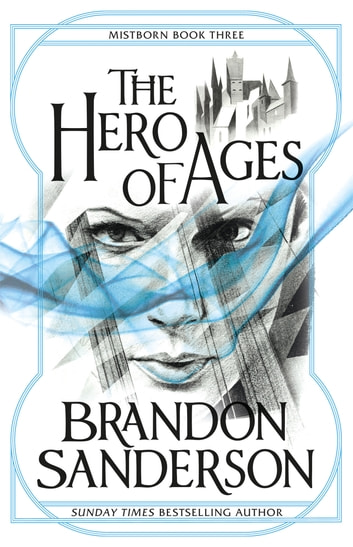
After the build up of the first 2 books I have become very invested with the characters and I am also glad to see some more viewpoints being explored such as TenSoon and Spook. I really like how much more gray the character's past and present have become in this third book. For example, Elend becomes less like the ideal ruler he pictured himself becoming in the previous book when he first becomes king. He appears to become more and more like the Lord Ruler. It really makes me question the Lord Ruler being a purely evil person. As I find out what he did to save humanity and his reasons for it I begin to understand him more. Despite the objectively unfair system he has setup between Skaa and nobility, that system was able to create 'peace' and stability in the realm for a millenia before he was finally overthrown.
Spook was a character I did not expect to be of much importance, much less a POV character but I was pleasently surprised. The way he's portrayed gives a fresh view on the world and how he struggles to find his place on the team. Furthermore this view is also able to make the religion of The Survivor seems genuinly real because of him doing the impossible and becoming an allomancer in a 2nd metal which should never have been possible.
Sazed's character also has an amazing arc seeing as he is the only one on the crew who hasn't been able to get over the death of a loved one. The way it makes him question his entire purpose of remembering and discovering the religions of the world because none of them have seemed to help him is engaging.
The plot and characters are brought together in a really satisfying ending where everything starts to make so much more sense, including minor details from previous books. One such example is Vin only being able to control the mists when she didn't have her earring on due to it being a hemalurgic spike. The concept of Preservation and Ruin adds quite a lot of depth to the world and somehow makes Rashek seem like a good person now, causing suffering for the greater good of the world.
The final fight between Vin and the Inquisitors is one of the best action scenes i've read and it felt very epic especially after she gained the full power of the mist. This in addition to Elend's own fight against the Koloss with the help of the atium mistfallen soldiers was sick. It all came to a satisfying conclusion with Sazed's ascension which was a nice unexpected twist that made sense, and him finally discovering the true religion he had been seeking the entire time. His reset of the world builds a great foundation for future books and lore.
8.7
8
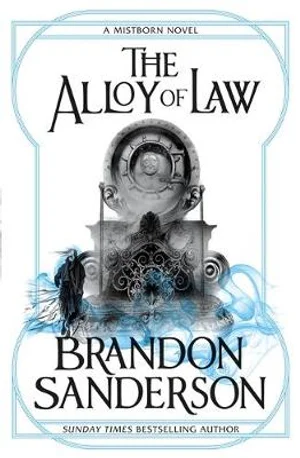
Set after the events of Era 1, it introduces a very different world that is alike to the late 1800s with the emergence of electricity. This book is much shorter and features some new characters that do not appear to be related to any previous characters. It's cool to see how the events of the previous era have become a sort of mythology and legend and how the church of Survivor has become a very popular religion. The story feels completely new with a wild west element however the concepts of allomancy and feruchemy are still highly relevant but used in a more creative way as we didn't see anyone other than the Lord Ruler usig them combined together. There is also no more Mistborn which I think is good as it balances out how strong they really were and make the stakes seem higher.
9.1
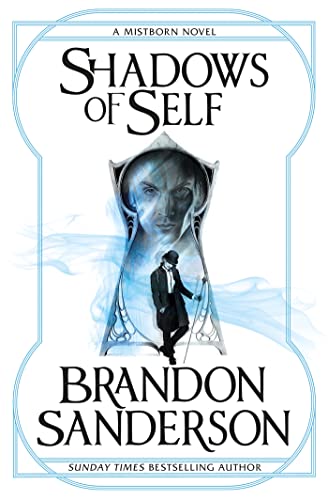
I definitely became more invested into this second era whilst reading this book. I think the big reason is the more direct references to Era 1 which is awesome to see from an outsider's perspective who views the earlier characters as legend. I enjoyed the Kandra making a return, especially TenSoon who I thought had died in the previous era as he removed his spike. MeLaan's character is also awesome and I like that the Kandra are able to embrance their personalities whilst living amongst humans without having masters. The morality of Harmony is also put into question as we realis that Sazed can't simply favour preservation and must keep everything balanced, thus setting up Wax's entire life to be his arm of Ruin. I also enjoyed Marasi's role in this book more as she strugged with her own problems without the constabulary setting but was able to perform well despite this.
9.2
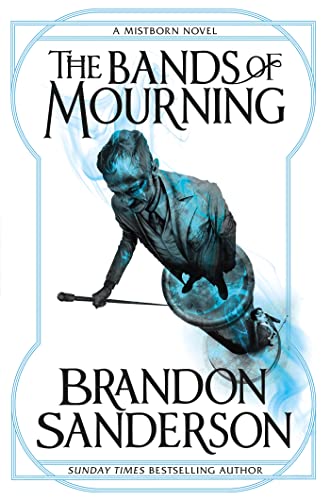
The Second Era really comes together in this final books with a satisfying ending. There is a lot more interesting back story for Wax's character that explains his motivation for becoming a Lawman.
One thing that really got my interest was the more detailed look into the potential of allomancy and Feruchemy. The concept of being able to share metal minds with others without being a Feruchemist opens up a numerable amount of possibilities. This is especially the case with the masked humans that we discover to be living on the other side of the planet this entire time. Their developed technology and world views introduces a fresh perspective to the series that I enjoyed, even though it was mostly towards the end of the book.
Another aspect of this book that was not expecting was the improved characterisation of Steris, who in the previous books just comes off as a mostly generic noblewoman with an affinity to being very organised. However, the events in this book demonstrate the usefulness of her character despite her lack of powers as her level of organisation and contingency plans helped with the team's success. It also creates more chemistry between herself and Wax after being comfortable with herself more than she was in Elendel where she was much more reserved.
The ending, although I expected them to find the bands of mourning, was still satisfying. It characterised the Lord Ruler as a less evil person because of how he helped the people on the other side of the planet that no one else knew existed. MeLaan is also a likeable character and her abilities as a Kandra make for some versatile solutions to certain problems.
9.3
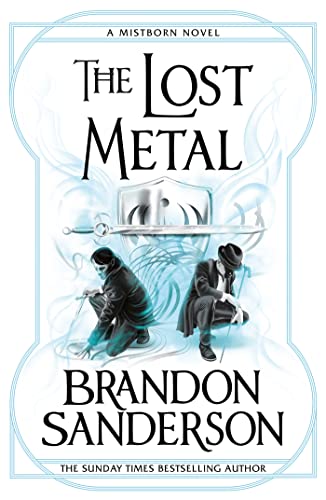
There is quite a big gap between me reading the previous Era 2 books and this book. I did not realise there was a 4th book and assumed Era 2 also ended in a trilogy. However, I think this ended up for the best because there is a large time skip between book 3 and 4. But a bigger reason is because there are a multitude of cosmere references throughout this book that I would have missed had I not read Elantris, Warbreaker and Stormlight Archive. This really enhanced my enjoyment of the book and hyped me up for what is to come. The further development of allomantic technologies takes an already known system and creates many more unique interactions and capabilities with it that still make 'scientific' sense.
8.5
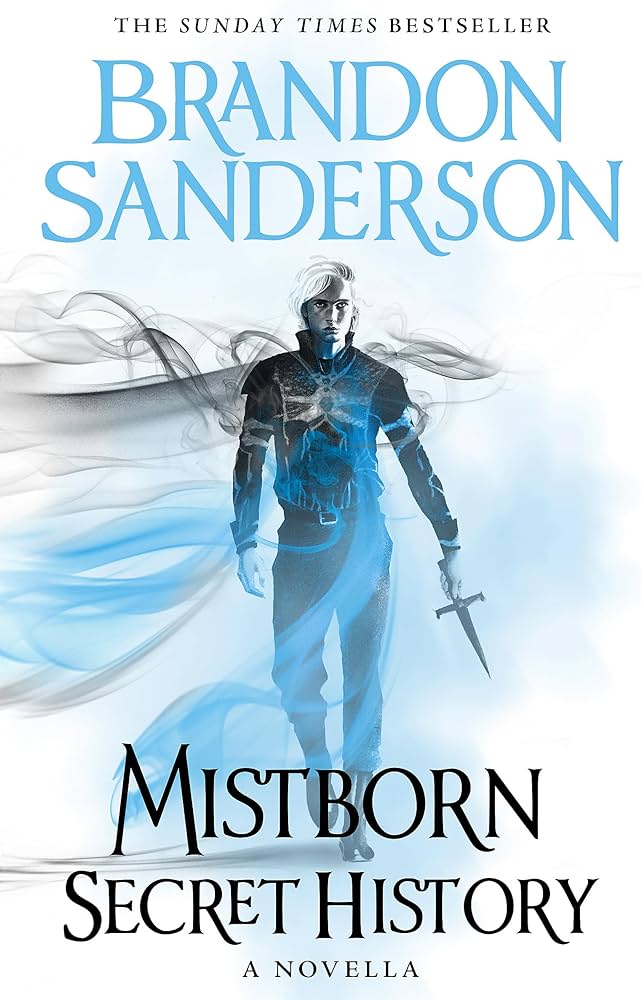
Now this is where the so called Cosmere really lifts off. I was definitely not expecting Kelsier to still be 'alive', and it was definitely a risky choice for Sanderson to 'revive' a dead character. However in this case I think it went very well. The book takes place parallel to the first Era until the very end. I think it's interesting to see how the Survivor's religion which I had known to be 'false' as I had witnessed Kelsier's death actually turned out to be right about the Survivor still being out there in the mists. More insight was given to the divine gods controlling the planet and their motivations. I especially liked the twists that Kelsier had to pull off to trick Ruin in the end, which was very fitting for his character. The landscape is also very unique, I imagined it as a sort of celestial mirror world. The final moments between Kelsier, Vin and Elend was awesome and it did help give more context to the conclusions of Era 1 and allow for some more interaction with the likeable characters.
Overall, this book is the first I've read from Sanderson that really delves into his Cosmere and I can't wait to see how it's expanded upon in other books.
9
The OG series that started it all. This series has amazing re-readability and is also easy to read because of the more casual and less serious tone of the main protagonist. Percy Jackson is an extremely likeable character that is easy to root for because of his traits to help his friends and find a way through any problem.
9.5
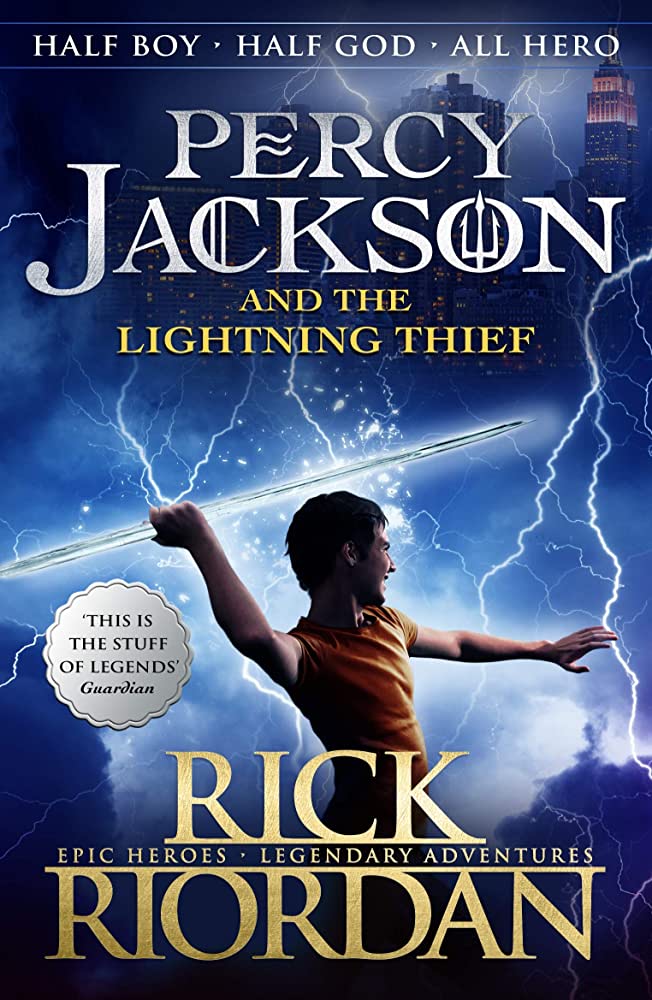
7.5
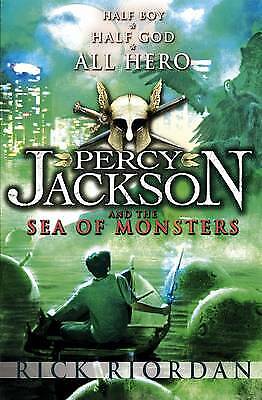
8.5
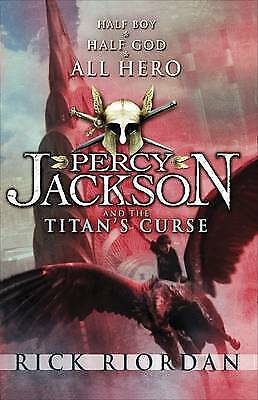
9
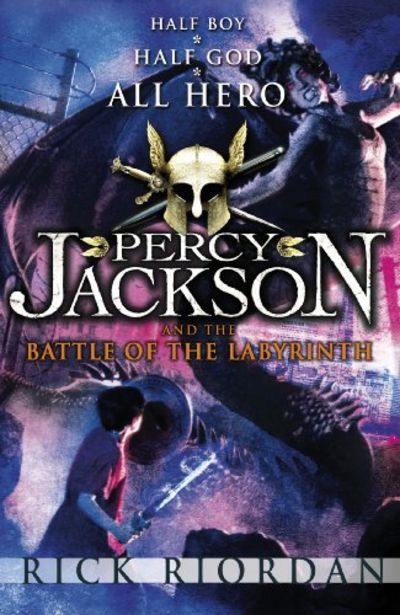
9.5
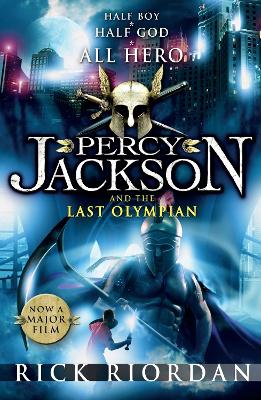
9
This was actually my first time entering the Percy Jackson universe as I was gifted the first 2 books by a friend. I hadn't read the og Percy Jackson series which all of these books were based on.
9
This book is definitely one of the personal favourites for me because i've read it multiple times. Although I wouldn't say the book has really complex plots, it is really enjoyable to read as the character and world building is still really great. Sometimes good versus evil is enough to be entertaining. The main protagonists and other point of view characters are all really likeable and unique in their pesonalities. I also like the focus on how all the races view the world very differently, especially the political and cultural behaviours. I felt like I had gone on one enormous journey and grown alongside the characters as they overcame their struggles and weaknesses.
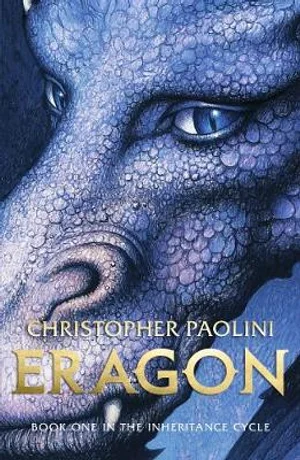
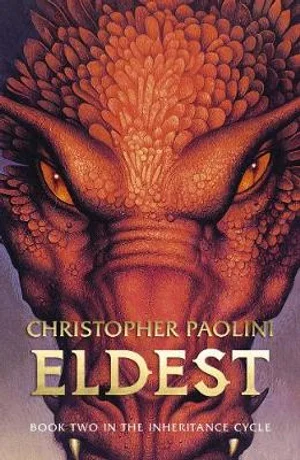
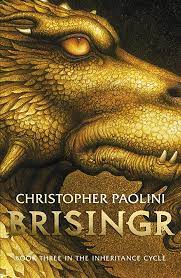

5
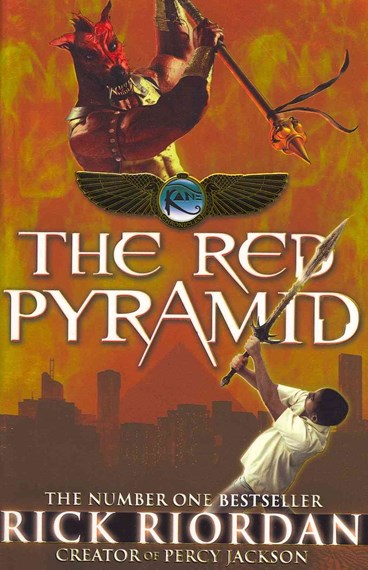
This series didn't get me hooked like Percy Jackson did. Although I don't think the series is bad by any means, it just felt like a copy of Percy Jackson but under a different mythological universe where there's an unsuspecting hero that suddenly gets placed into an unfamiliar world and is responsible for major events.
9.8
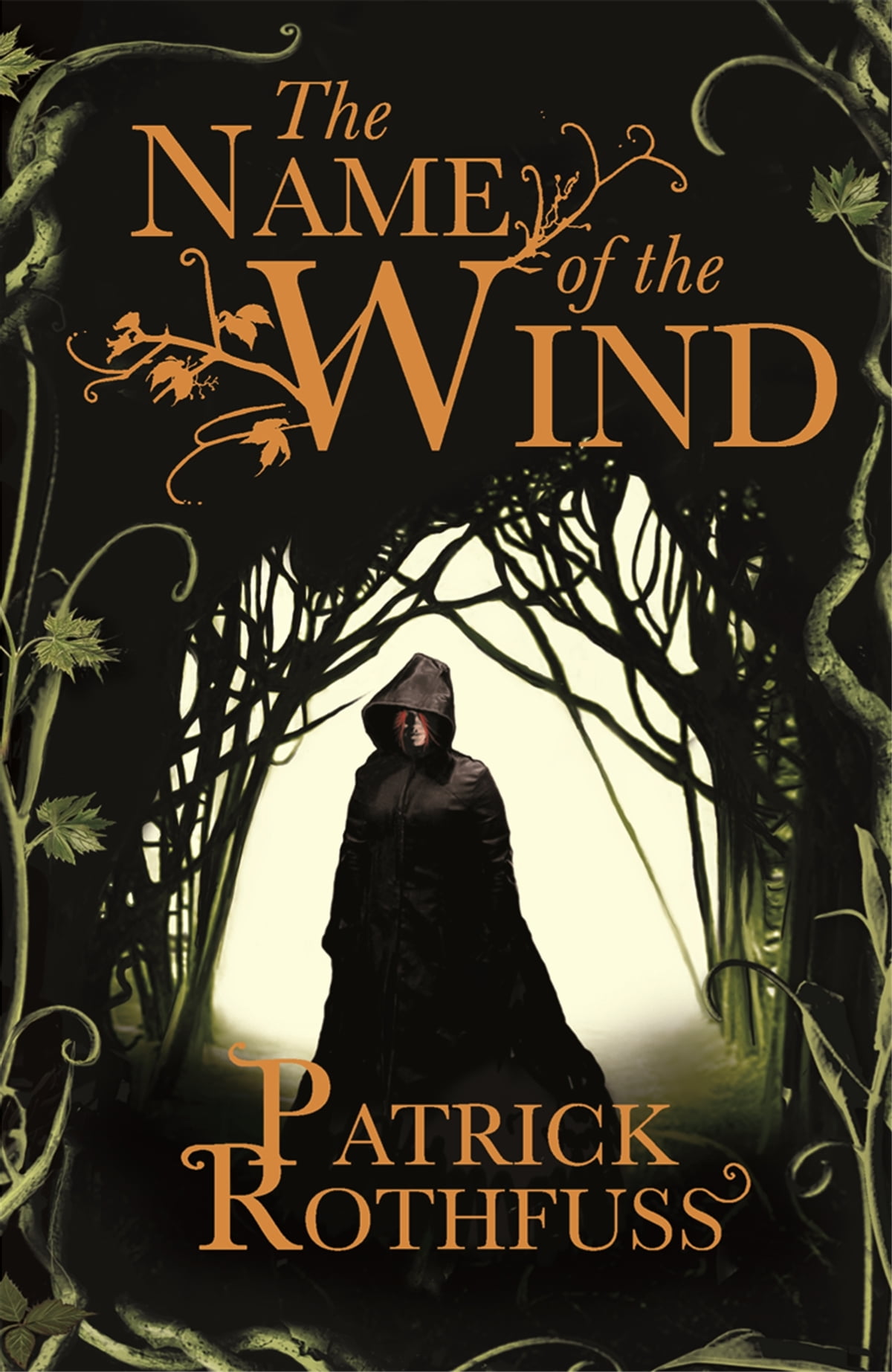
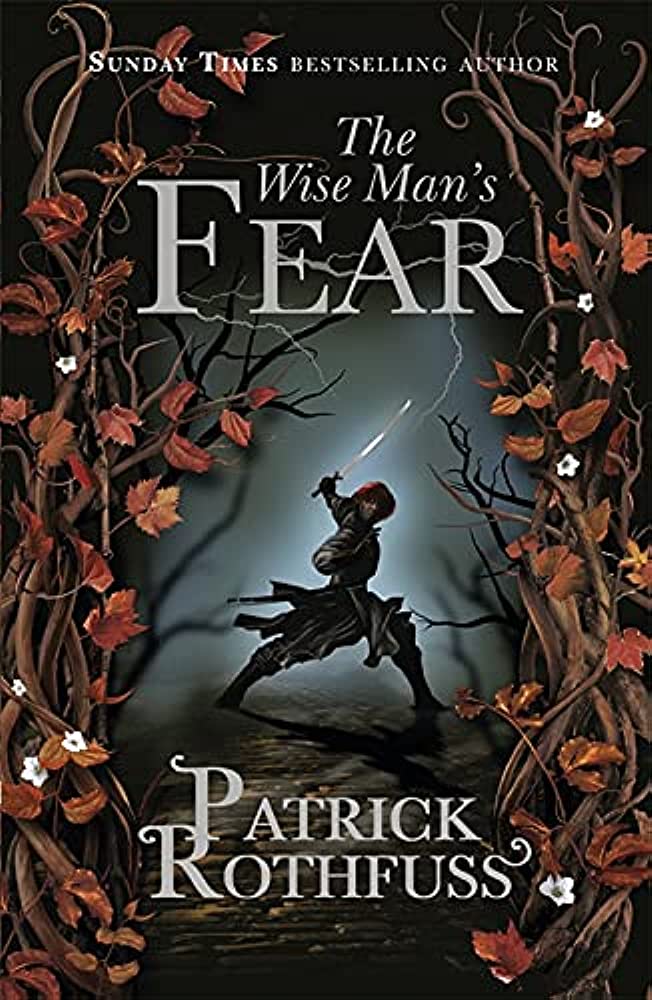
8
9
The first half or so of the book is extremely slow and focuses quite a lot on the worldbuilding. It's also quite difficult to keep track of all the locations and one time POV scenes. However I do think with the scale and complexity of this series and the world building, it's necessary to spend enough time on this part. I found myself enjoying Kaladin's character the most, especially during his struggles and being able to build a close team with his Bridgemen. The final payoff is the best with this, where Kaladin properly manifests his first powers of stormlight which gives him a very good advantage in saving Dalinar. The best part of this book was when he and Daliner met, and when Dalinar gave away his shardblade. I did find Shallan's chapters more boring than I'd liked to, but it did provide a more different worldview and also helped build up the significance of Jasnah.
9
Finished Reading. TODO
7
I found it a decent read. The reason I won't say it was exceptional like the rest of the books is because I didn't find myself liking Lift that much. She was quite unlikeable in her interactions. But her humour and way of talking is quite unique compared to the rest of the characters on Roshar.
8.5
Great book that fleshed out Dalinar's character a lot more where learnt of his backstory and motivations. The Sanderlanche was definitely of a more epic scale, but it did feel a bit confusing at times because there was so much jumping back and forth between multiple characters in the single very long chapter. There was quite a lot of cosmere easter eggs in this book which, some of which were very obvious such as the sword from Warbreaker. There were also many others that did require a bit more attention to detail to pickup (I could not get some of them on my own :(). But knowing this has made me pay a lot more attention to descriptions in future books as the easter eggs can be quite subtle. For example there are characters from other worlds that appear, but they have different names so their identity has to be deduced by the way they talk or their descriptions.
9
Enjoyable novella that expands the scope of the Cosmere and intrigued me with the significance of the beings and what their role was in the overall universe.
7.5
I liked the deeper insight into the perspectives of the Singers/Listeners. I did not enjoy Shallan in this book, it felt like she didnt really develop at all and went through the same character arc in the previous book. I enjoyed Adolin's scenes a lot and the way he has to prove himself without having any special surgebinding power.
7.7
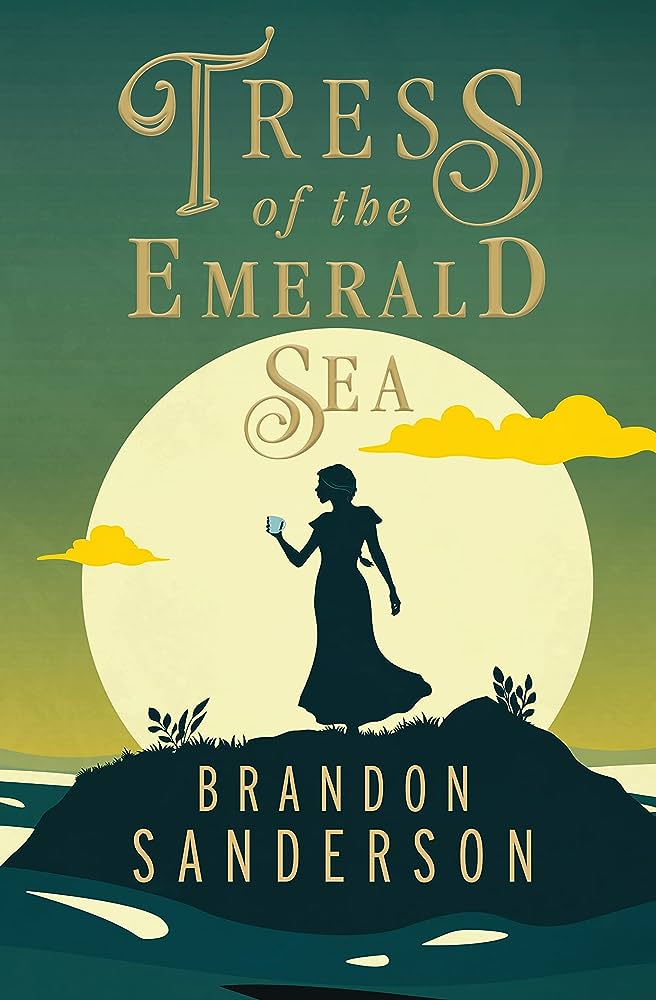
This Cosmere novel by Brandon Sanderson was definitely the most unique I've read in terms of storytelling. It was from the perspective of Hoid, telling another person's story whilst still being a character in the story. The world as always was very unique and the magic system of the world was something unlike any other Cosmere novel I read. It was cool to see how super rapid crystal growth could be manipulated with water to create various contraptions and weapons. Having read a lot of other cosmere novels before this one, I enjoyed the various easter eggs that were presented in the book. Whilst it was by no means a bad book, I wouldn't rate it as high as the mistborn or stormlight archive series that really engrossed me.
7
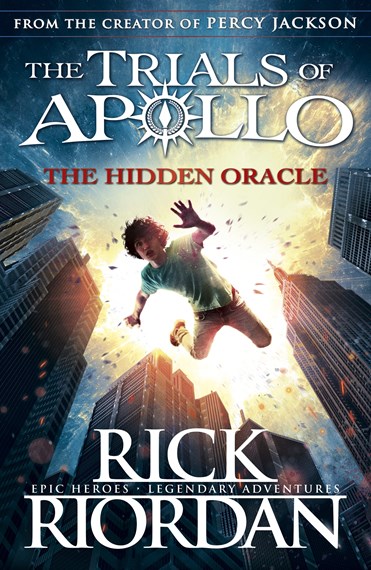
The first 3 books were decent. It's set after the Heroes of Olympus events so there's plenty of references and interactions with characters we already know about. I think those were the best part of the series. The concept of a god becoming an immortal and losing all his powers was interesting, however I didn't find the character of Apollo that likeable. The same goes with the other Protagonist, but I do give credit for putting a demigod of Demeter in the spotlight which some really unique plant abilities which we didn't see in previous series. He was quite annoying at times by being a little too incompetent. I wasn't interested enough to read the last book but the cameos from characters we already know about were the best, such as Percy and Leo and how they're going on with life after the huge events in the Heroes of Olympus series.
9
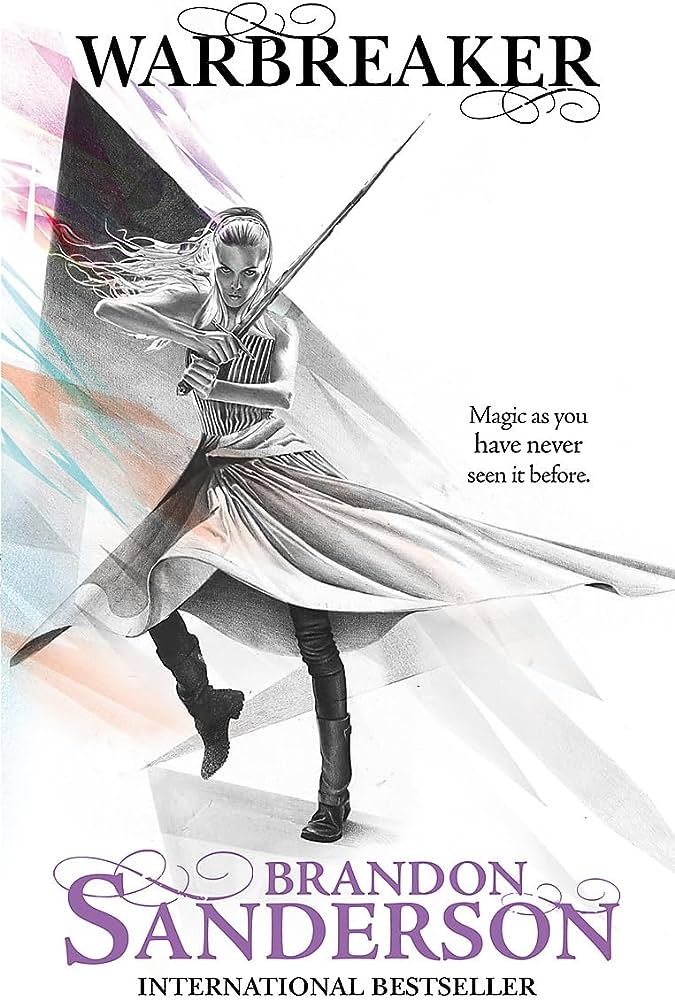
I read this Sanderson stand alone novel after Elantris and once again I was not disappointed. It's awesome to see just how much he was able to pack in a single self contained novel with multiple POVs.
Spoilers Ahead
The magic system in this world is even more unique than that of Mistborn and Elantris in my opinion. I love the concept of power in colour and the way breaths can be transferred between people and objects to perform various functions. Firstly is the various levels of heightening an individual can reach which is based on the number of breaths they hold. I like how this is used as a symbol for status as well as the functionality it provides. The more breaths a person holds the bigger their Aura as they are unable to hide it because of the colours around them brightening. The real utility comes in when breaths can be used to awaken other objects as if they were alive. Whilst this is quite overpowered it also has clear limitations that Sanderson defines, such as the higher number of breaths required to awaken certain materials, how close they are to being human and the command complexity. We learn more about the lore and mechanics of the breath further into the book, especially with Vasher who holds an incredible amount of knowledge that is explained to us in direct but engaging manner. Another aspect is the Lifeless beings who are different to awakened objects in their ability to follow more complex and dynamic commands, but in exchange the breath from them cannot be retrieved. The way that the magic system tied in with how the religions in this world are viewed was very interesting. Especially with the discussion of how the Hallendran gods are more valid as they can actually be seen and heard versus the Austrism belief of a more divine God whos presence exists in nature but is not tangible.
One thing I found to really enjoy was the multiple perspectives that Sanderson was able to fit into this single novel. Each character had vastly different personalities and worldviews which led to an interesting dynamic as the plot built up.
The main character of this book would be Siri. As the youngest princess of the Idris kingdom, she is suddenly thrust into an unknown world which we also lack the knowledge of and she has to face challenges that she was expecting her sister Vivienna to be preparing for. Unexpectedly, I found myself liking the chemistry she has with the God King who was hyped up to be a mysterious and merciless ruler who's word was final. As Siri navigates throught the court politics it was awesome to see her adapting to their ways from a point of no experience. Her overall development was closely tied with the God King and I looked forward to every chapter of hers. One thing I was not expecting was the plot twist with the Pahn Kahl scribes being behind the increasing tensions between Hallendran and Idris. I was thoroughly convinced just as Siri was that there was a conspiracy amongst the high priests of the God King that were the true ones in control of the brewing conflict.
Vivienna's character was a stark contrast to Siri as she appears to be the perfect princess that is able to perform all duties. Her strong sense of devotion to the religion of Austrism also contributed to this image. Whilst initially I found her character to be boring due to this, that was soon turned around as she faced numerous challenges outside of Idris on the streets of Hallendran. The way she had to re-evaluate her assumptions about other people and realise her arrogance made for a satisfying character arc. This was further improved by the sudden betrayal of her mercenaries. I was definitely not expecting the double twist of Denth turning out to be loyal to someone else. Vivienna is able to finally find meaning and her place in the world as she embraces the breath she has and that the cruelties of Hallendran are exaggerated.
Yet another character that was also completely different to the princesses was Lightsong. His chapters were also very enjoyable and provided a more laid back perspective of Hallendran, and the point of view of a supposed 'God'. We find that despite his apparent laziness and lack of belief in his own Godhood, that he cares a lot about stopping the conflict even though he does not want to get stuck in court politics. I found his ending as very redeeming when he discovers his true purpose in which he realises that he did indeed have a purpose in returning to the world.
Vasher is the most mysterious character whose motivations remain a mystery throughout most of the book. Nightblood, the sword that he possesses, further intrigued my curiosity that Vasher was hiding a lot more than he was showing. Whilst he is not a completely good character in the way he deals with conflict, we see that deep down he has morals for the greater good and uses his mastery of Biochromatic breath to help Vivienna and to stop the conflict. When he reveals himself as Kalad, one of the 5 legendary scholars I found myself in even more awe of his character, especially when the God King himself bows down in front of him.
Overall I would highly recommend this book for someone looking to get a taste of Sanderson's work because it fits perfectly as a stand alone novel whilst also having connections to the cosmere (Hoid :P).